First published on: February 29, 2016

Photo: Courtesy DNA
The self-appointed custodians of Islam are doing the greatest disservice to Islam and Muslims, women especially
In our understanding the values of kindness, compassion and justice are the core values enshrined in the Quran. Clearly, hegemony is not an Islamic value and yet the experiences we have undergone in the course of our work in the last ten years give rise to certain fundamental questions.
Why are so many Muslims, particularly men, so hegemonic in their thinking? Why do most of them seem to think that reading, understanding and interpreting of the Quran is a sole male prerogative? They seem to think that Allah created men and women as unequal. This view of an unjust Allah is not acceptable to us and therein lies the crux of the Bharatiya Muslim Mahila Andolan’s (BMMA) existence.
Globally, eminent scholars such as the late professor Fatima Mernissi, Dr Amina Wadud, Dr Khalid Masood, Dr Ziba Mir Hosseini and several more have dedicated their lives to reading and interpreting the Quran to highlight that Allah is just and fair. Volumes have been written on the tawhidic framework about Allah as a uniting, harmonizing force. But the fact remains that these scholarly works that bring out the essence of Islam as a religion of peace and justice remain unheeded and are not referred to by large mass of people in Muslim societies.
Unfortunately, the dominant thought processes that control Muslim societies remain patriarchal. The traditions and practices followed are often in direct violation of the Quranic spirit of justice. The stranglehold of patriarchal hegemony in India and in South Asia has got exacerbated by the arrival of Salafi-Wahhabi ideologies that now threaten to become the mainstream in Muslim society. This ideology has led to further strengthening of the hegemony of patriarchal mindsets in our community. Practices such as triple talaq and halala are manifestations of this trend. But at the core of this thinking is a patriarchal mindset of male superiority and domination.
We want to refer here to the dominant common sense prevalent in the Indian Muslim community about men being superior to women. Islam gave equal rights to women over 1400 years ago; but have they been translated into reality? So long as the dominant common sense about male superiority dictates the mindsets and behavior of Muslims these rights will remain on paper.
In what has been a masterstroke the patriarchal forces have succeeded in attributing this subjugation and injustice to Islam through misinterpretations, distortions and lies. They have invented fiction, half-truths and references that equate women with cattle and allow the men to get away with the worst kind of atrocities against them. In the process they not only violate the basic tenets of Islam, they also help demonisation and stereotyping of the whole community.
They treat their wives, sisters, mothers and daughters unjustly and, even if unwittingly, help the Hindutva campaigns. The self-appointed custodians of Islam do greatest disservice to Muslims and to Islam. It is a pity that even some so-called educated Muslims blindly support these custodians thanks to the common sense about male superiority in Islam that they suffer from.
Why has there been no concerted effort so far to challenge these patriarchal custodians? Why is it that the Muslim women themselves had to initiate a challenge to these hegemonic elements? Why are the wise Muslim men not supporting Muslim women’s’ struggle for Quranic rights of justice and equality? Or are they forever going to allow the conservative clerics to keep deciding for all 17 crore of us?
Why has there been no concerted effort so far to challenge these patriarchal custodians? Why is it that the Muslim women themselves had to initiate a challenge to these hegemonic elements? Why are the wise Muslim men not supporting Muslim women’s’ struggle for Quranic rights of justice and equality? Or are they forever going to allow the conservative clerics to keep deciding for all 17 crore of us? Are they not aware that Islam has no place for intermediaries between Allah and believers? And lastly, what legitimacy do they have to question Muslim women who stand up and fight for their Quranic rights?
We will recount here some direct evidence about the dominant Indian Muslim male thinking being hegemonic and in violation of Islamic values of justice and fairness. This is not to say that there are no exceptional and courageous Muslim men; all of us know many of them in our respective spheres. But as a whole, it is the patriarchal conservative thought process that dominates our conduct.
All of us Muslim women had come together in the aftermath of the communal violence of Gujarat in 2002 to unequivocally oppose the communal forces and to demand rehabilitation and justice for the survivors. Our work at the time was focused around fighting discrimination on communal basis and demanding equal citizenship for the largest minority.
As we began to know and learn about each other spread across different parts of the country we could at once identify a lot of common ground and the need for coming together as a national entity. We were all bold and gutsy women who had fought with their own adverse circumstances and were struggling for equal citizenship in our respective locations and local contexts.
After informal interactions spanning over nearly two years we realised that we shared a commonality of purpose and had a shared worldview. We felt that Indian Muslims were poor and backward despite the Constitutional guarantees. We agreed that we were denied our Quranic rights thanks to the nexus between the patriarchal forces in our community and various governments. We decided that we need to change the situation.
We were clear that women needed to take up the leadership of the Muslim community in India for so-called male leadership was responsible for the all-round failure. We formed the Bharatiya Muslim Mahila Andolan in January 2007. Our name was a very deliberated and considered exercise. We felt that we needed a name that spells out what we stood for. We were as Bharatiya as anyone else and we would not offer apologies for being Muslim and Bharatiya. Nobody can appropriate the word Bharatiya and exclude others.
We put together our worldview in the form of our mission document where we clearly stated that we believe in the values of justice, equality, pluralism and democracy enshrined in the Constitution of India. We also clearly stated that we saw no contradiction between these values and the Quranic values. We set forth to work on attaining our Quranic as well as citizenship rights. We clearly stated our solidarity with all those who are working for justice and equality in the country and the world.
We also stated that we believe in secularism, religious harmony and peaceful co-existence as opposed to communalism and intolerance. We wanted to develop an alternative voice of the Muslim community that was rooted in pluralism and mutual respect between communities. And we were clear that it should be a feminine voice as the regressive male voices had failed to achieve anything for Indian Muslims in sixty years after 1947.
Nobody asks where these scholars are when a triple talaq takes place in their respective cities or mohallas! Nobody talks about the scholars’ moral obligation to act when practices like halala are found rampant in our society! Another common experience is being told by a male member of a largely Muslim audience: your views are ok but why are you not dressed in Islamic way? Pray what is the Islamic way, we ask?
We embarked on a journey towards our mission focusing on the citizenship rights of our excluded community. A campaign on Sachar Committee’s findings and implementation of the recommendations was taken up in the initial years nationally and in various states. As soon as we found some bearings and women started becoming our members in large members we were faced with the reality of legal discrimination against Muslim women.
Across all states women began coming to us saying: I was divorced orally; I was thrown out after triple talaq, where do I go with my children; I received a post card from my husband divorcing me; I was away at my parents’ home for two months and learnt that my husband has married another woman; my husband divorced me and now wants me back; the qazi is asking me to undergo halala (meaning, marry and consummate marriage with another man, divorce him, only then remarry your former husband) etc etc.
The sad reality of male hegemony that rules the roost in our community ostensibly in the name of Islam dawned on us! We could not have asked the women to just go away! We realised that the long-term solution lay in the codification of the Muslim personal law based on the Quranic tenets. And this brought us into direct confrontation with the established patriarchal forces who had always spoken in the name of religion. We are not attempting here to give a summary of our work; anyone interested reader can visit our website. (www.bmmaindia.com).
Every public meeting, every seminar, every program of ours takes us on a familiar pattern of responses from Muslim males. We have women participating in large numbers, giving their testimonies, their inputs on a range of issues such as Muslim personal law, government schemes, communal harmony, different happenings in society etc. Above all, they give us their trust.
But invariably at the end of the program a Muslim male stands up and begins teaching us about Islam as he perceives it. He takes it upon himself, in spite of his apparent ignorance of the issue, to teach us about Islamic tenets. He thinks it is his prerogative since he represents the male species in a room full of women! Often such wise men beat a retreat when ordinary women start retorting with evidence and confidence.
We see another interesting response pattern at different public hearings across the country of women who have been orally divorced. After hearing heart-rending testimonies of their suffering, when there is an open discussion towards the end a male would stand up. He would say in a satiric, authoritative or sometimes angry tone that all this talk about triple talaq is uncalled for since triple talaq is un-Islamic!
Then, some of us would ask: why then does it take place in our society? Why do we not have a law against it? To this he would have no answers. Our women leaders regularly get invited to speak at various fora. It is a common occurrence, especially if the gathering has large numbers of Muslim male participants, to be told that your views are ok but we need to consult scholars. Obviously, in their opinion a scholar is someone with grey hair and maybe a beard!
Nobody asks where these scholars are when a triple talaq takes place in their respective cities or mohallas! Nobody talks about the scholars’ moral obligation to act when practices like halala are found rampant in our society! Another common experience is being told by a male member of a largely Muslim audience: your views are ok but why are you not dressed in Islamic way? Pray what is the Islamic way, we ask, only to receive stock replies. Again we see male hegemony at play trying to hide behind Islamic dress this time!
The problem seems to be that these men are not used to the presence of empowered women in their midst, leave alone their opinions. And they take refuge behind an imagined version of Islam for they have no real arguments.
Sometimes some well-educated persons who are sympathetic to our work end up suggesting: your draft law on Muslim Personal Law is very good; why don’t you send it to some ulema for their approval? This is gross ignorance to say the least and in the ultimate analysis only strengthens the stranglehold of patriarchy.
In recent days when the Supreme Court took suo motu cognisance of our demands for reform in Muslim Personal Law, a well-known Muslim lawyer pleaded with the court to allow the male clerics to be party to the petition. We wonder why a Muslim lawyer of such eminence would think it fit to rope in the clerics for this. After all, is he not aware that the conservative clerics are the impediment to any solution? In fact they are not just part of the problem; they are the problem!
This section has stonewalled any talk of reform in Muslim Personal Law since 1947. In 1986 they raised a hue and cry over a pittance of Rs 125 being provided to 65-year-old Shah Bano as maintenance post divorce on the ground that this would put Islam and Muslims in danger! And yet if large sections of educated Muslims think that the male orthodoxy is the sole custodian of Islam there is something wrong here. This is rank patriarchal hegemony being passed off as Islam.



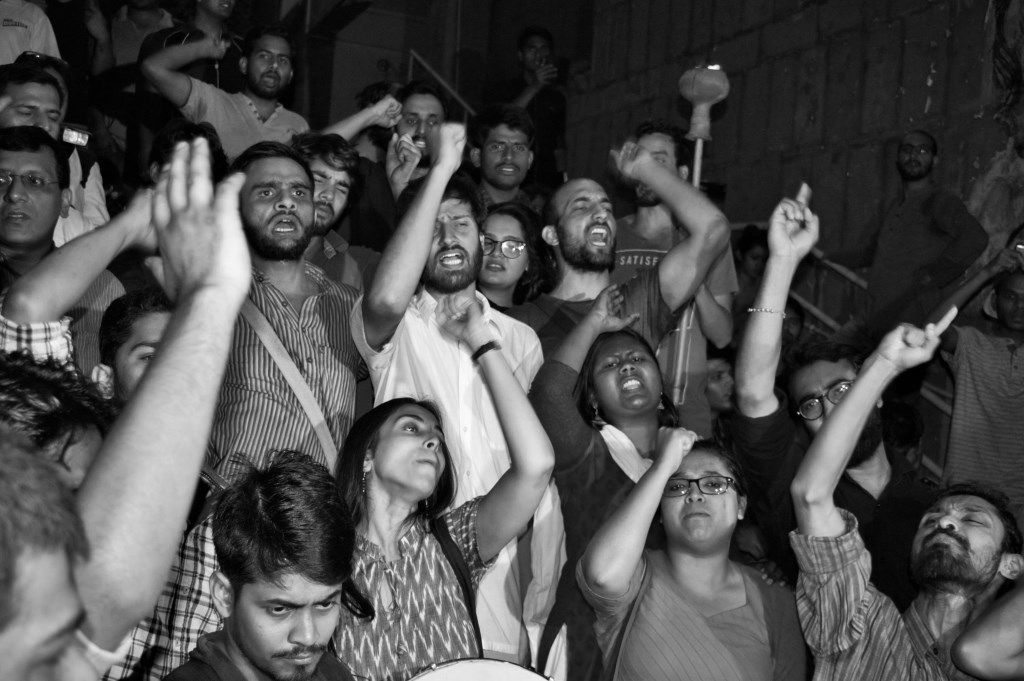
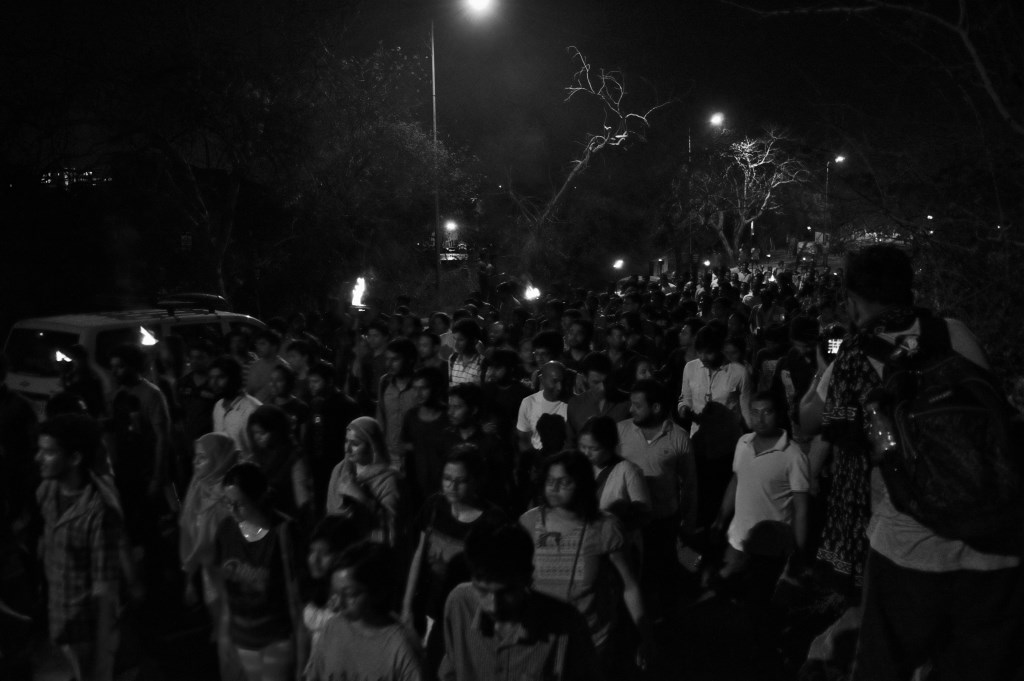
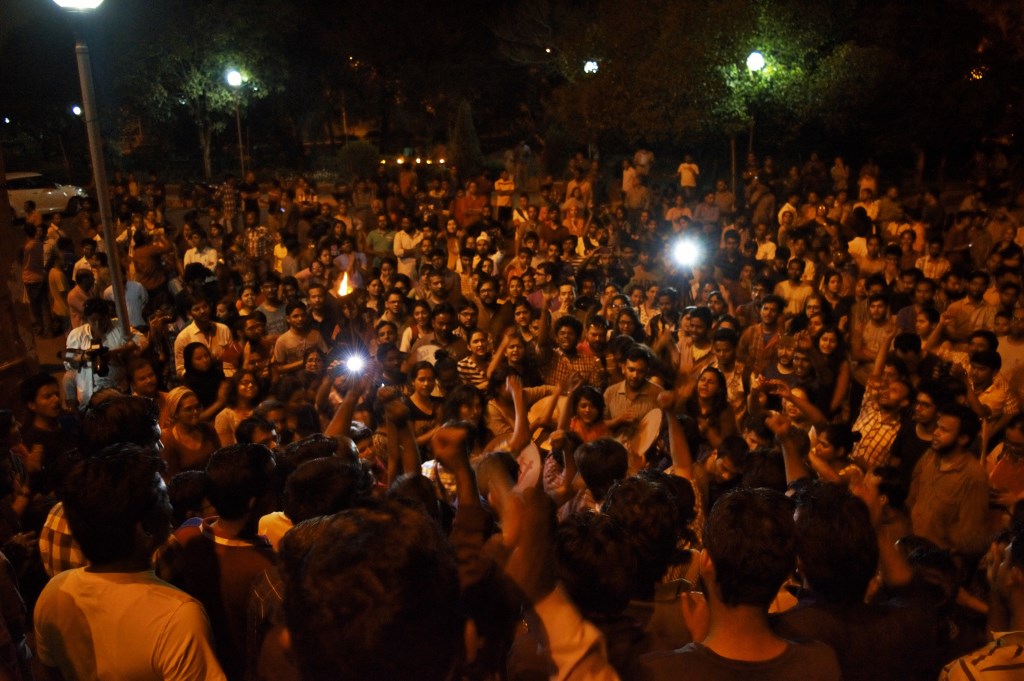
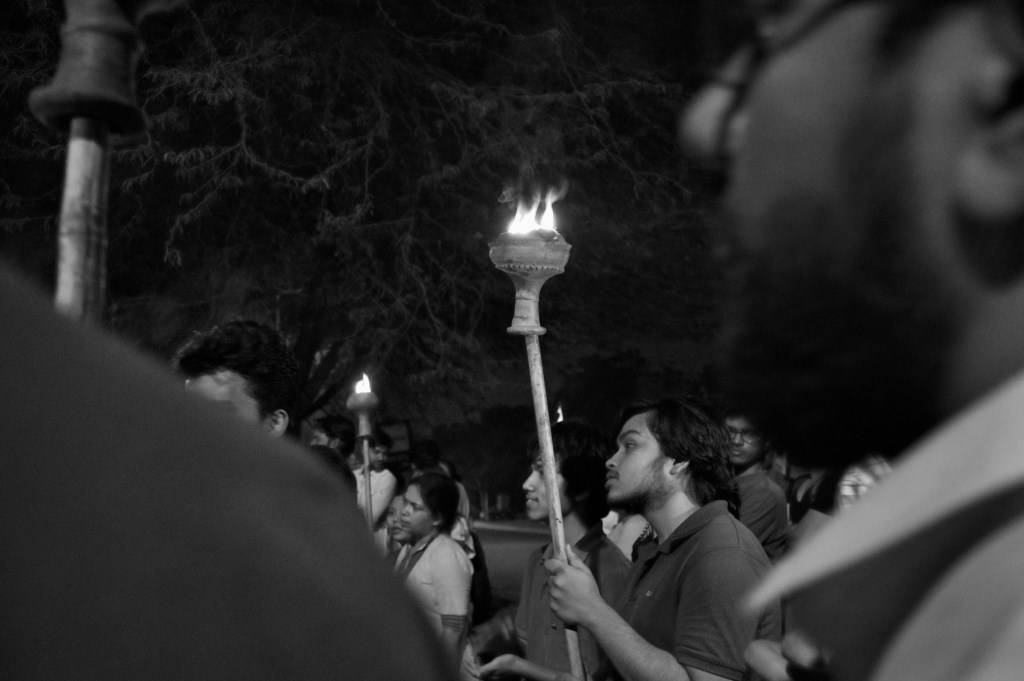
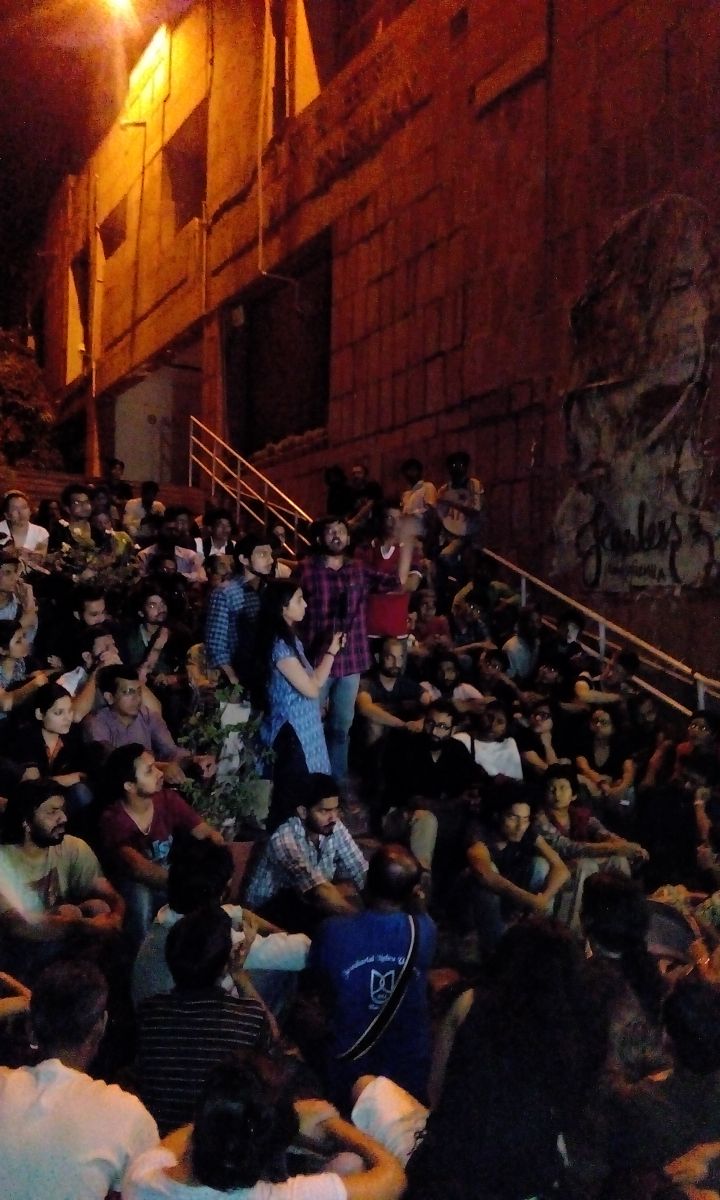




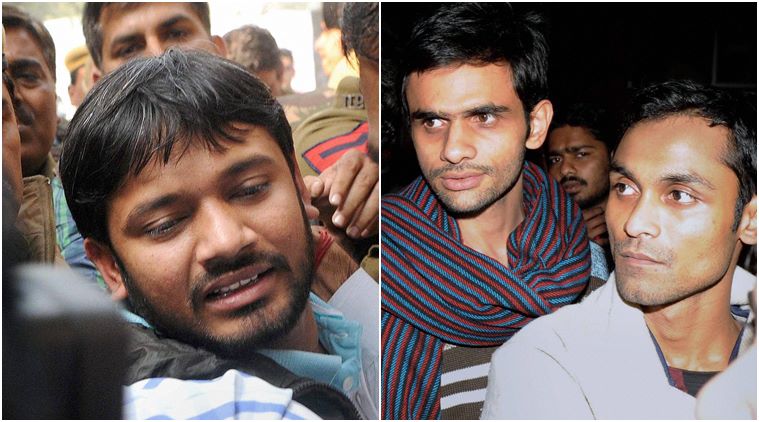

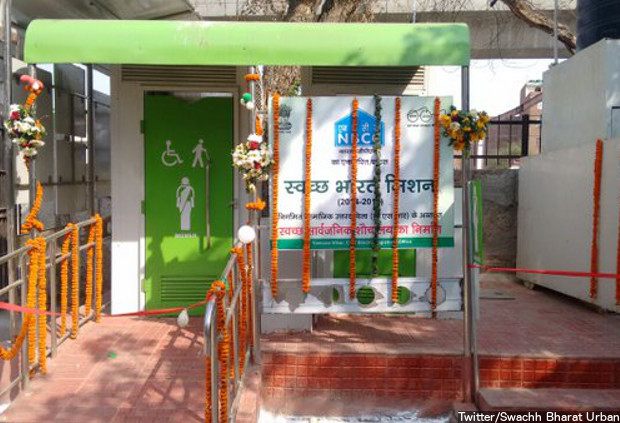
.png)
.png)
.png)
.png)